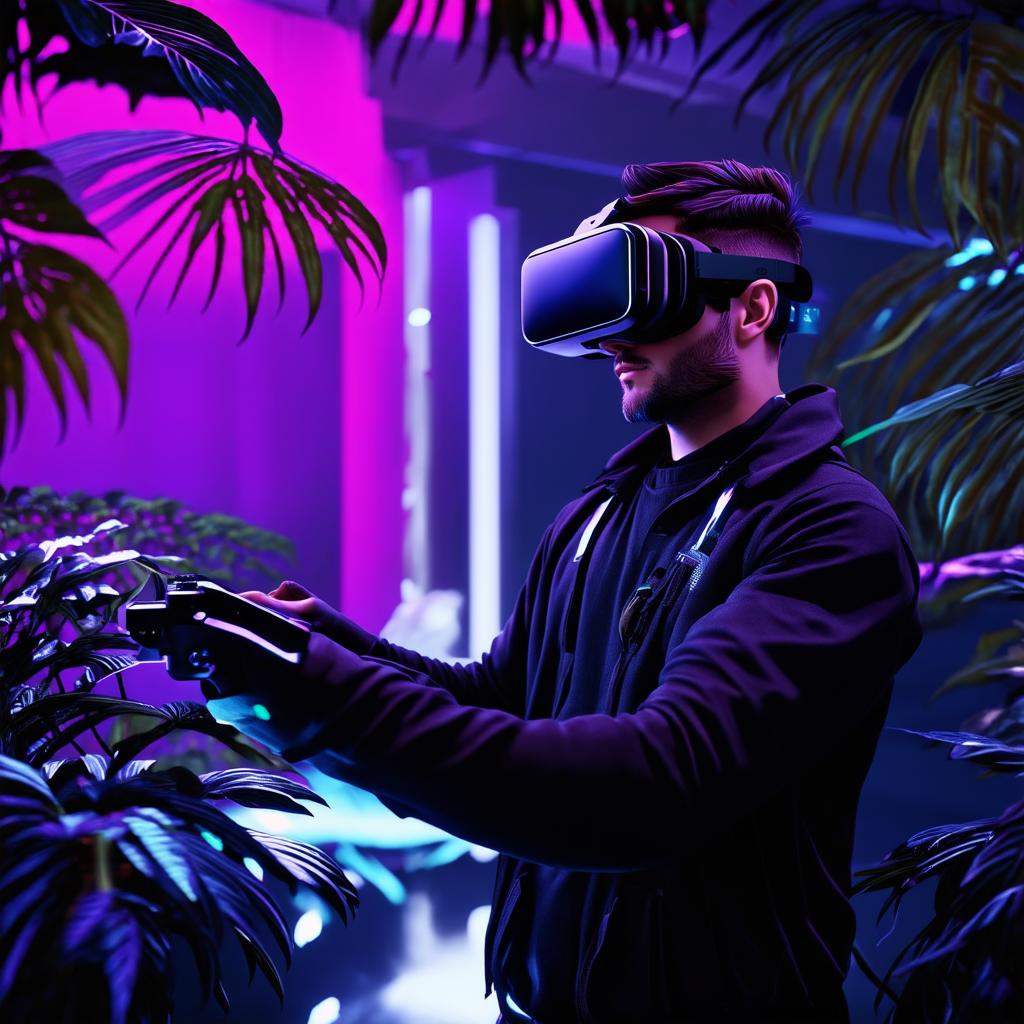Virtual reality (VR) technology is rapidly changing the way we interact with the world around us. As VR continues to grow in popularity and application, individuals who possess certain competencies are increasingly sought after for roles within the industry. In this article, we will discuss the key competencies required for individuals to work in virtual reality.
Technical Skills
One of the most important competencies for individuals working in VR is technical expertise. This includes a strong understanding of computer graphics and programming languages such as Unity or Unreal Engine. It is also important for individuals to have experience with 3D modeling software, such as Maya or Blender, as well as experience with motion capture technology.
Creative Skills
In addition to technical skills, individuals working in VR must also possess strong creative skills. This includes the ability to conceive and design immersive experiences that engage and entertain users. It is also important for individuals to have a strong understanding of user experience (UX) design principles and how they apply to virtual environments.
Communication Skills
Effective communication skills are essential for individuals working in VR. This includes the ability to clearly articulate ideas and concepts, as well as the ability to collaborate with team members from diverse backgrounds. It is also important for individuals to be able to present their work to stakeholders and clients in a clear and concise manner.
Problem-Solving Skills
Virtual reality technology is still relatively new, and issues can arise during the development process. Individuals working in VR must possess strong problem-solving skills in order to identify and resolve these issues quickly and efficiently. This requires the ability to think critically, troubleshoot technical problems, and find creative solutions to complex challenges.
Adaptability and Flexibility

Finally, individuals working in VR must be adaptable and flexible. This includes the ability to learn new technologies and techniques quickly, as well as the ability to pivot when faced with unexpected challenges or opportunities. It is also important for individuals to be comfortable working in a fast-paced, dynamic environment where change is constant.
Summary
In conclusion, individuals who possess technical skills, creative abilities, strong communication skills, problem-solving abilities, and adaptability and flexibility are well-positioned for success in the virtual reality industry. As VR technology continues to evolve, these competencies will only become more important, making it essential for individuals to continually develop and hone their skills in order to stay competitive in this rapidly growing field.
